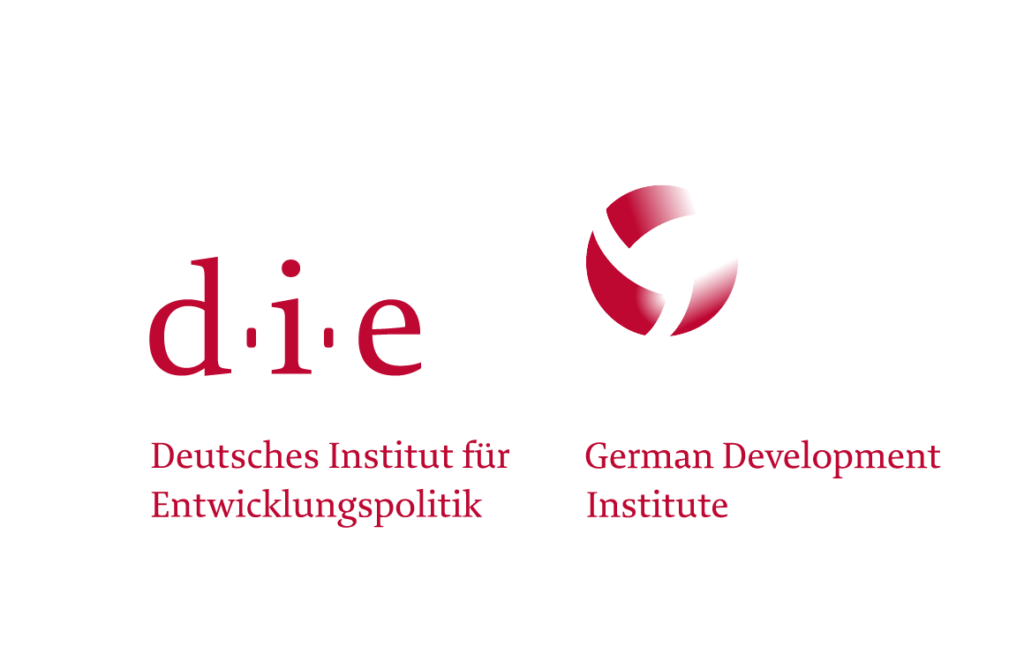
An Online Discussion event on the latest WBGU Flagship Report

The latest WBGU (German Advisory Council on Global Change) flagship report diagnoses a „trilemma“ of global land use, consisting of diverse demands made on land for the purposes of climate-change mitigation, food security and the conservation of biological diversity conservation. The Council proposes five governance strategies to address this trilemma: These range from increased support for pioneers of sustainable land use, to the further development of European agricultural policy into a Common Ecosystem Policy, to new approaches to regional and international cooperation.
In a statement to the flagship report, several scientific associations of agricultural sciences acknowledge the problem analysis of the WBGU report but regret that the potential and recognized opportunities ofplant research including new breeding methods are hardly mentioned. It is criticized that new methods such as genome editing with CRISPR are deliberately not dealt with, with reference to „sustainability risks“ that are not further described. This is not only contrary to the potential of biotechnological methods as mentioned in IPCC reports, but also contradicts science-based risk assessments of the application of genome editing.
The German Development Institute / Deutsches Institut für Entwicklungpolitik (DIE) and the Bonn Alliance for Sustainability Research want to make the key messages of the WBGU report accessible to a broad expert public and contribute to a science-based debate on the role of new methods of plant breeding. We have been able to attract three proven experts to this online event:
Markus Fischer, Professor of Plant Ecology at the Institute of Plant Sciences and Director of the Botanical Garden at the University of Bern. Member of the WBGU since April 2020.
Markus Fischer will present the core messages of the WBGU report, i.e. the analysis of the „land use trilemma“ and the five strategies proposed by the Council to overcome it.
Gabriel Schaaf, Professor of Ecophysiology of Plant Nutrition at the Institute for Crop Sciences and Resource Conservation (INRES), University of Bonn, Co-initiator of the „statement” of plant scientists to the WBGU report.
Gabriel Schaaf will give an overview of important new developments in plant sciences.
Matin Qaim, Professor of International Food Economics and Rural Development at the University of Göttingen
Matin Qaim will discuss the potential of new plant breeding technologies for food security in the Global South.
All three speakers will answer questions from the audience and will be available for discussion.
Agenda
4.00 – 4.15 pm Welcome notes
Anna Katharina Hornidge, Director of the German Development Institute / Deutsches Institut für Entwicklungspolitik (DIE) and
Jakob Rhyner, Scientific Director of the Bonn Alliance for Sustainabiliy Research, University of Bonn
4.15 – 4.50 pm Markus Fischer: Rethinking Land in the Anthropocene: from Separation to Integration – Core messages of the WBGU Flagship Report
4.50 – 5.10 pm Gabriel Schaaf: New Technologies in Plant Breeding: Chances for Sustainable Agriculture
5.10 – 5.30 pm: Matin Qaim: Potential of New Plant breeding technologies for food Security in the Global South
5.30 – 5.50 pm: Q&A and open discussion
5.50 – 6.00 pm: Closing remarks: Core lessons from the event and future research questions
Michael Brüntrup, Senior Researcher at the German Development Istitute / Deutsches Institut für Entwicklungspolitik (DIE)
This event will be hosted by Rita Strohmaier, Researcher at the German Development Institute / Deutsches Institut für Entwicklungspolitik (DIE).
Participation
Send a brief email that you are interested in participating to socioeconomic@die-gdi.de. You will then receive the zoom link and passcode for this event. Participants can join the zoom meeting at 3.45 pm.
Feel free to forward this invitation to other people who might be interested.
Contact
If you have further questions, please contact:
Dr. Andreas Stamm, German Development Institute / Deutsches Institut für Entwicklungspolitik (DIE) (Andreas.Stamm@die-gdi.de)
Prof. Dr. Jakob Rhyner, Bonn Alliance for Sustainability Research, University of Bonn (rhyner@uni-bonn.de)
Bonner Allianz für Nachhaltigkeitsforschung
German Institute of Development and Sustainability (IDOS)
Tulpenfeld 6
53113 Bonn